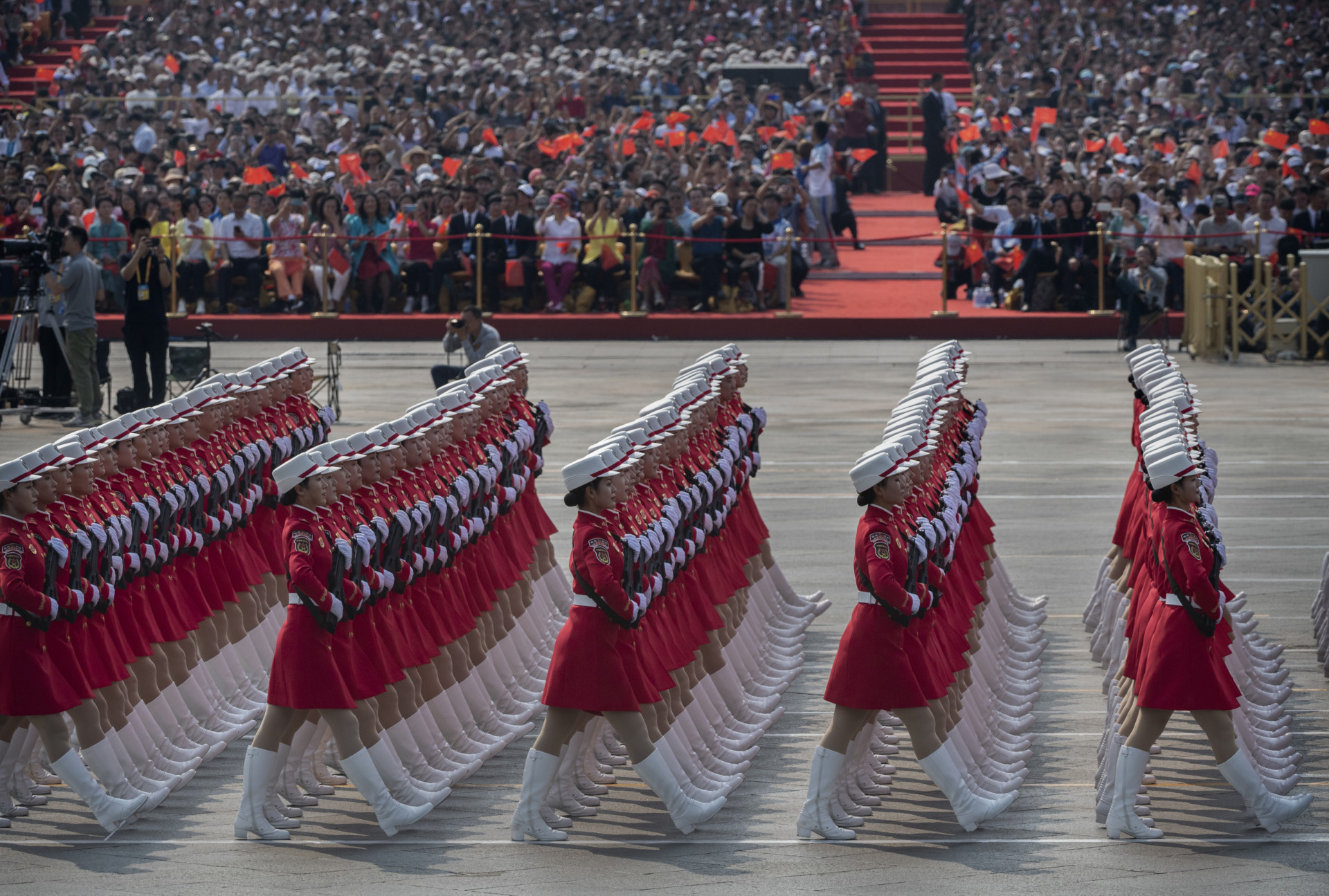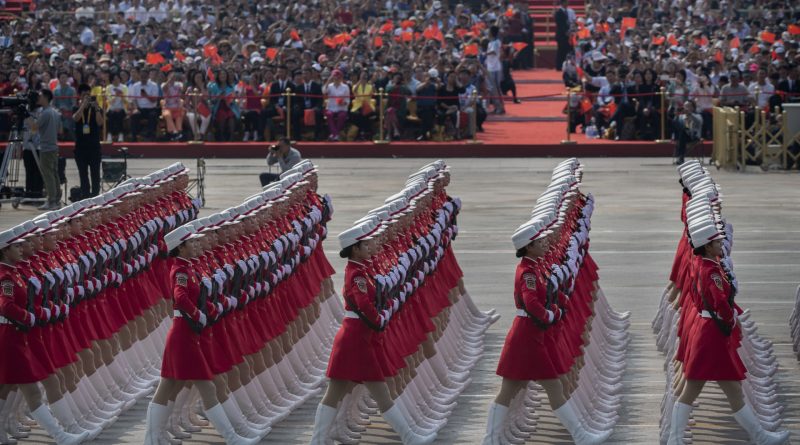Why U.S.-China Relations Need a Gender Analysis
GAIA PhD candidate Kinsey Spears and Fletcher graduate Emily Prey co-author an article on gender analysis, foreign policy, and U.S.-China Relations for the Newsline Institute’s Terrain Analysis.

As co-authors Spears and Prey write in their latest article for the Newsline Institute’s Terrain Analysis, the structure of any nation relies on the construction of gender norms, notions of “manhood” and “womanhood,” and the nation’s reproduction of its people through citizenship and culture.
Spears and Prey note this is particularly true for authoritarian states, where the maintenance of traditional gender roles and attitudes are often connected to negative attitudes toward feminists and feminism and state authorities often deploy traditional gender norms to foster a sense of in-group and out-group mentality that supports autocratic rule.
In their article, Spears and Prey observe that, while there is growing recognition in the foreign policy community that authoritarian states, primarily Russia, are using gender to further their domestic and foreign agendas, the same nuanced understanding does not exist with respect to China. In particular, U.S. foreign policy analysts and decision-makers have consistently ignored using a strategic gender analysis in navigating U.S. policies toward China, to the detriment of U.S. foreign policy goals.
Alongside their call for a robust gender analysis that could inform U.S. foreign policy, Spears and Prey offer insightful commentary of their own on the gendered dynamics at play in China and in the U.S.-China relationship.
Read their full article at the Newsline Institute here!

